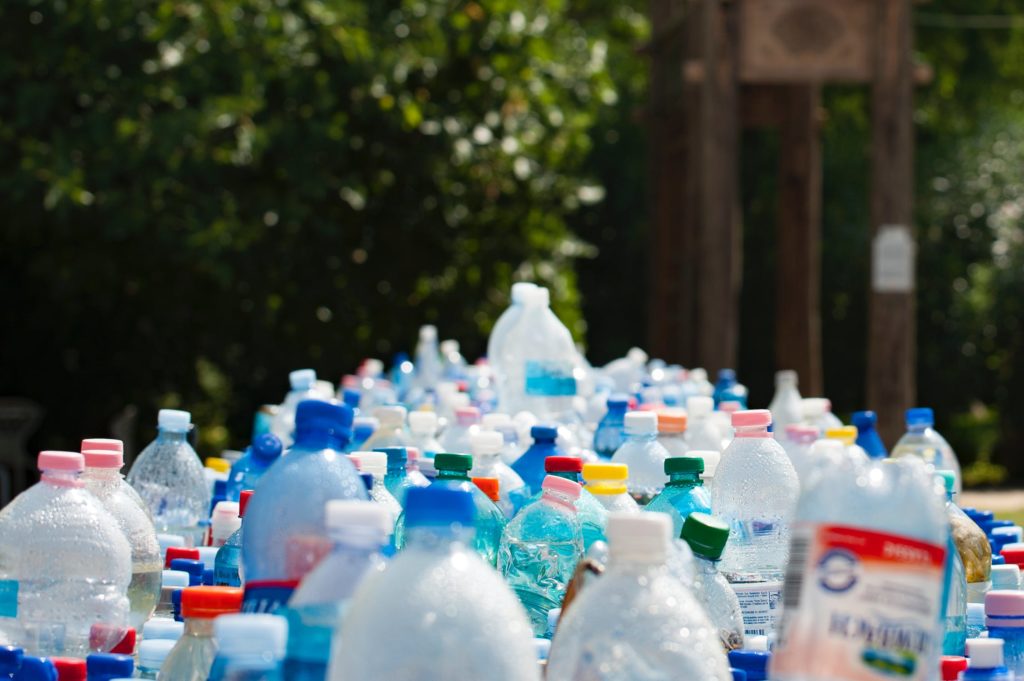
Environmental problems are plaguing the planet right now. Climate change, global warming, plastic-waste crisis, and water scarcity are slowly destroying habitats and making the world a hostile place to live in.
While governments and organizations have made steps to control the damage and fix it, many industries and people continue to do things without consideration of the environment. If this continues, the earth won’t be able to sustain life as it used to. People, plants, and animals will die.
People must learn to be environmentally conscious and actively pursue green living. Changing your lifestyle is a challenging task, one that will require a lot of commitment and work.
You don’t need to revamp your way of life all at once. If you want to help the environment, you can start by taking these baby steps to make your home more eco-friendly.
Switch to LED Lights
American homes have about 40 light bulbs on average. If you’re still stuck using incandescent lights, you should know that 90 percent of the energy used by every bulb is wasted and turned into heat.
Swap your incandescent bulbs for LED lights, which use “75% less energy, and last 25 times longer,” according to Energy.gov.
CFLs also use less energy than incandescent bulbs do, but they also waste a lot when converting energy to heat. LED lights don’t just save energy, but they also reduce your energy bills.
Fix Leaks Immediately
Leaks are responsible for 900 billion gallons of wasted water yearly in the United States. You read that right—900 billion gallons. Every minute you leave a faucet dripping, water heater leaking, and a pipe broken contributes to the water crisis. As a result, a typical home can waste 2,000 to 20,000 gallons of water every year.
You can do the following to solve the problem quickly and prevent water waste:
- Turning off your water indoors and outdoors properly
- Tracking your water meter periodically
- Inspecting your home regularly for dripping water
Unplug Unused Appliances
When you leave your unused electronics plugged in, they turn into parasitic vampires that suck energy without doing anything. Keep your TV, chargers, and appliances unplugged to avoid unnecessary use of electricity and save money on your energy bill. If you can’t be bothered to do that, use a power strip with an on/off switch.
Clean with Cold Water
It’s no secret that water uses a massive amount of energy to heat. In fact, water heaters account for 18 percent of electricity costs in the typical American home, says the US Department of Energy. You can significantly cut down your energy use by cleaning with cold water.
With Just Energy Houston as your provider, you can easily log in to access your usage history breakdown. You can also use the electric bill estimator tool to see what your energy bills will look like in the coming months.
Using cold water will actually help many cleaning products work better because hot water can break down some solutions and prevent them from doing their job.
Recycle Used Water
Don’t throw out the water you use to wash vegetables and your laundry. Use it instead to clean your bathroom, garage, deck, or yard. If you use biodegradable detergent or soap, you can even use the “dirty” water for your plants or to irrigate your garden.
Get a Recycling Bin (or Several)
Recycling is much easier if you have a designated place to put all your plastic bottles, jars, cans, newspaper, and cardboard waste in. Having a recycling bin will encourage you to segregate your trash and separate recyclable materials to repurpose them or divert them to the proper facilities.
Ditch the Paper Towels; Use Rags
The United States uses about 13 billion pounds of paper towels yearly, and the number continues to mount every year. Of the 13 billion, 6 million pounds of paper towels is wasted annually. Seventeen trees are cut down, and 20,000 gallons of water is used just to create 1 ton (2,000 pounds) of paper towel.
If every household were to use rags or at least reduce the number of paper towels they use, hundreds of thousands of trees can be saved yearly.
Clean with Nontoxic, Natural Products
Many household cleaners contain chemicals that are harmful to people, animals, and the environment. Stay away from products with toxic chemicals, many of which are known carcinogens, including phthalates, perchloroethylene, triclosan, and formaldehyde.
Switch to Water-Efficient Fixtures
Several places in the world, including the United States, are already experiencing water crises. In fact, 21 out of 37 of the earth’s aquifers are rapidly drying out. By 2050, two-thirds of the global population will be living in places with water scarcity.
Water conservation is a global concern, and you can do your part to help. Switching to water-saving fixtures, like low-flow showerheads, automatic faucets, low-flush macerating toilets, and water-efficient washers, can help significantly.
This solution will work better if you consciously conserve water in your everyday life. You can do this by taking shorter showers, turning off the tap when not in use, and using the dishwasher and washing machine only on full loads, among many others.
Choose Energy-Saving Appliances
Along with energy-saving LED lights, many efficient electronic devices are also available in the market. If you’re looking for a new washer, refrigerator, or even a hair dryer, choose one that has an Energy Star sticker. The star means that the piece of electronic uses less energy than other brands or models.
Energy-efficient appliances may be slightly more expensive than others, but they more than make up for it in long-term savings, quality, performance, and longevity.
Embrace Green Living
Saving the environment is everyone’s job, not just that of the government or the environmental groups. The world’s ecological problems may be getting worse, but it’s never too late for damage control and to save the environment. If every person, every household, does their part now, future generations may just succeed in finishing the job we started.
